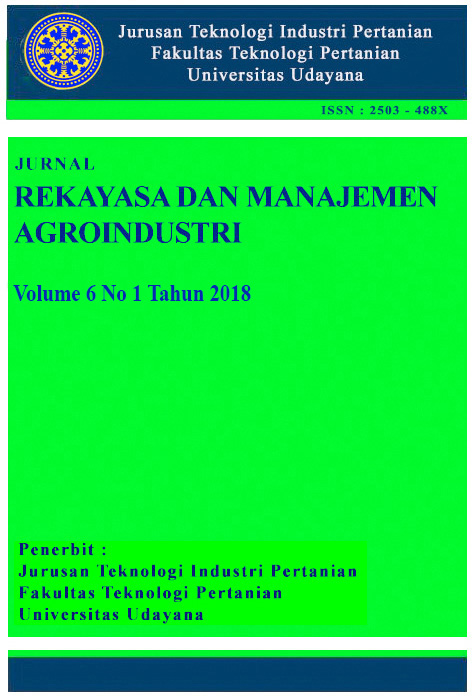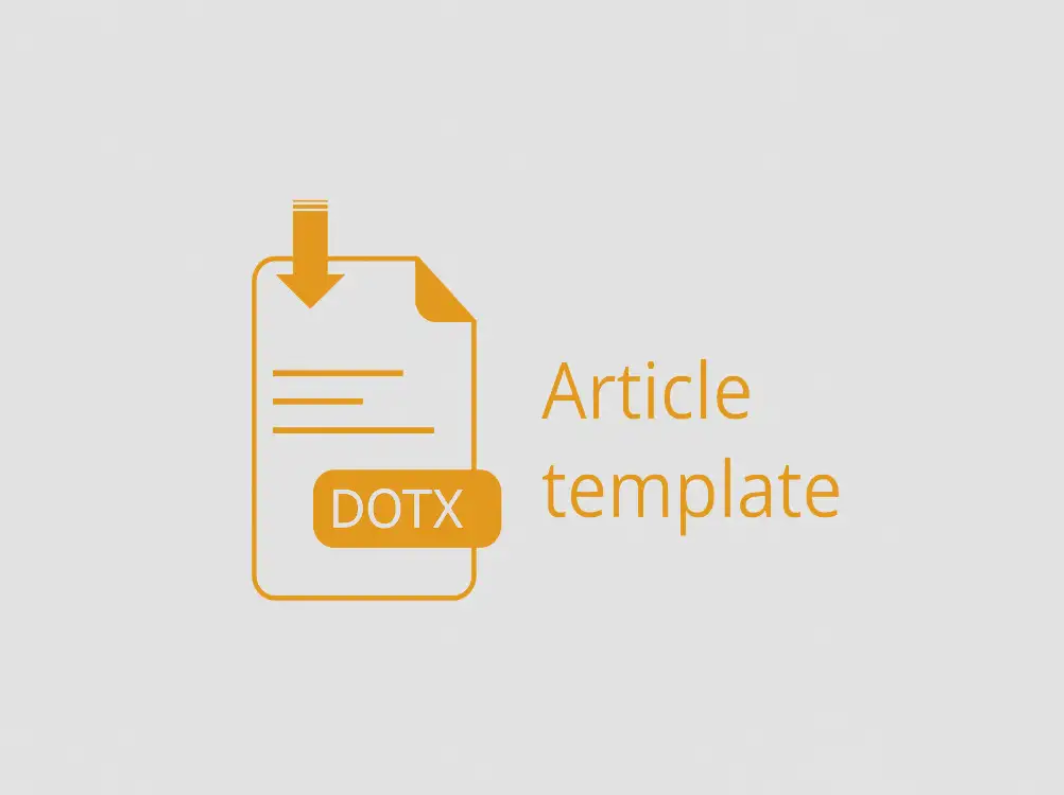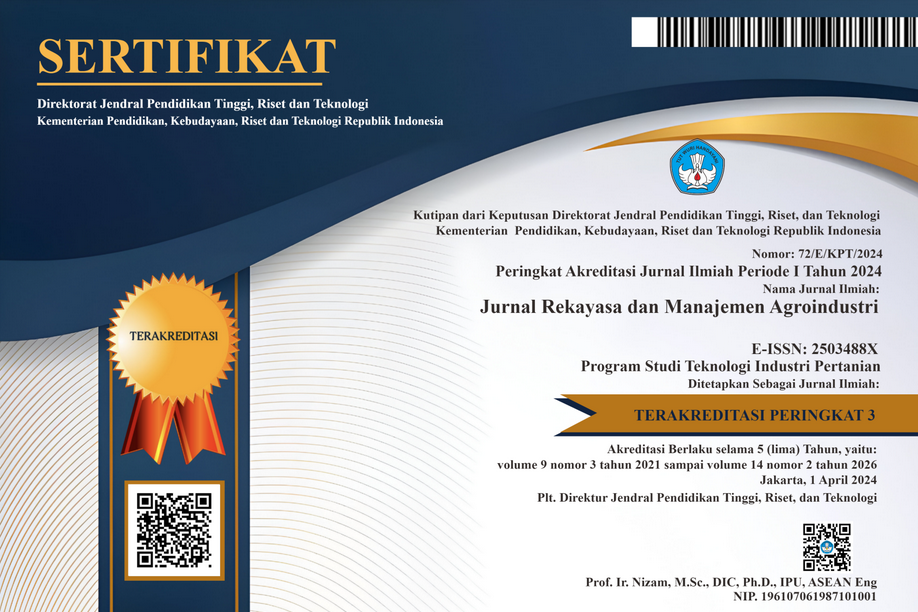APLIKASI COMMODITY SYSTEM ASSESSMENT METHOD DALAM DISTRIBUSI JAGUNG (Zea mays) DARI PETANI DI KECAMATAN KLUNGKUNG KE PENGECER
Abstract
The purpose of this research was to determine the number of distribution corn (Zea mays), the type of distribution and postharvest handling of corn, and the impact of postharvest losses and the value of the damage of farmers to retailers Klungkung district. The method used in this research is survey method with the application of the Commodity Systems Assessment Method in the form of questionnaires distributed to farmers, collectors, wholesalers, suppliers and retailers of corn. In the distribution of corn, there are four lines, namely, lanes I farmers retailers, lane II farmers collectors retailers, lane III farmers collectors wholesalers retailers, lines IV farmers collectors wholesalers suppliers supermarkets. Post-harvest handling at the farm level include harvesting, sorting and cleaning, packaging and transportation. Post-harvest handling at the level of collectors, and wholesalers include weighing, sorting, and transporting, postharvest handling at the retail level covering inspection, packaging, and display, postharvest handling at the level of suppliers includes weighing, sorting, packaging and transportation, postharvest handling level includes supermarkets weighing, inspection, and display. Impact on corn postharvest losses at the farm level, namely the harvest reached 7% (significant), at the level of the collectors in the transport process is reached 2.68% (not significant), at the level of big traders when transporting reached 3.8% (not significant), at the retail level in sorting reached 2.38% (not significant), in the sorting supplier level of 11.8% (significant).
Keyword : Distribution line, postharvest, corn, CSAM
Downloads

Ciptaan disebarluaskan di bawah Lisensi Creative Commons Atribusi-BerbagiSerupa 4.0 Internasional.
Seluruh artikel di Jurnal ini dapat disebarluaskan atas tetap mencantumkan sumber yang syah. Identitas judul artikel tidak boleh dihilangkan. Penerbit tidak bertangggung jawab terhadap naskah yang dipublikasikan. Isi artikel menjadi tanggung jawab Penulis.














